The challenging times we are living in are making us adopt a lot of new habits in our everyday lives. Coronavirus has forced us to create new patterns of behavior, in our private and professional lives. This is particularly true for young people and their habits, as well as for youth workers. How can we make sure that our work with youth is still as good as it was?
Although this year we’re seeing off has treated people differently, we’re interested in seeing how youth have handled the duration of the pandemic, what they need and, if their needs are being met and by whom. Are we treating young people with compassion in the midst of all these challenges?
By: Katarina Vučković
In Bosnia and Herzegovina, like elsewhere in the world, the pandemic disrupted our routines, our work, education and the way young people spent their free time. Coronavirus is not letting us breathe freely, if we’re being honest. The restrictions, of course, were there for a reason, but they impacted every sphere of our lives. Personally, I thought it was important to watch how young people live and respond to this entire situation, and how we, in the youth work sector, are supporting them and making sure we have an adequate response to the new demands made of us.
How can we really see and acknowledge youth and their experiences in this crisis?
Looking at our fellow youth workers in youth organizations in BiH manage this year from the beginning until now, we get the impression that we all managed somehow, that we learned new skills and knowledge to use in our work with youth. Suddenly, we were all using terms that belong to the sphere of digital youth work, but we will talk about that on a different occasion.
Youth in our country have been through a traumatic experience. Yes, trauma. They attended schools and universities under unwelcome new conditions, a generation graduated without the deserved and honored tradition of a graduation ceremony, seminars and trainings were all online, free time was spent in front of screens of varying sizes, personal relationships were largely relegated to screens, job insecurity and home offices rules, family members shared the same space 24/7. None of this is conducive to a completely healthy atmosphere that nurtures development, growth and success, be it professional or personal. It remains to be seen how this entire situation affected the average young person in BiH.
Nevertheless, some young people seized the opportunity to be more vocal about taking part in solving the problems faced by them and their peers. They came up with some meaningful and impactful responses to the needs of their neighbors, youth centers, schools and young people’s mental health needs. You can learn more about these impressive young people here. The D-app application is another special story powered by young people from BiH.
As a sector, how capable were we of taking note of young people’s needs? What could we, as a sector, really address and help with? Do you feel like we succeeded? Where do we go from here?
Youth worker – has a sixth sense when it comes to young people in the community
In theory, youth work entails activities and programs based on principles and methods of non-formal education that help young people grow into consciencious, responsible and active members of the community by helping create the conditions young people need to live up to their potential. Youth workers are people who create these programs with youth, and for youth, and then implement them together. These programs should be tightly interwoven with youth policies.
Youth work uses non-formal education methods and leans strongly on experiential learning, which entails learning from real or simulated situations. Youth work acknowledges young people and equal members of the society with all the pertaining rights, and offer them opportunities to take responsibility and actively participate in the society.
When the Covid-19 crisis began, youth workers jumped head-first into their new roles and adapted their workshops and activities to the online world, using social networks and various tools. Were they able to adequately meet the needs of young people, especially some of the new needs brought on by the pandemic?
Young people often look up to them as heroes in their communities, so youth workers stepped up to the plate once again, learned new skills and redisigned their activities to fit the available formats. Trained youth workers are attuned to the needs of young people, they feel the pulse of their communities, and are capable of meeting young people’s needs both when working with them face-to-face and online.
Methods and techniques have changed and are still changing, and resources for youth work are scarce in Bosnia and Herzegovina, as are resources for supporting youth workers in the process of adapting to new ways of working with young people.
Informed, trained and eager to improve, youth workers kept a watchful eye on young people’s changing needs, they learned new skills, mastered new tools to maintain the quality of their work, and shared it all with their fellow youth workers.
How did they manage, and are still managing to do this?
A survey conducted by the RAY-network (Research-based Analysis and Monitoring of European Youth Programmes) offers several key findings:
- The pandemic shook youth work to its core.
- The economic consequences of the pandemic are serious.
- Youth work adapts easily.
- Youth work helps young people deal with crises.
- Marginalized youth are particularly out of reach of youth workers during crises.
Although a lot of activities were rescheduled or redesigned to fit a different format, 75% of young people said that youth work gave them opportunities for meaningful activities that they looked forward to. There is no better illustration of how important youth work can be.
Maybe this is partly because youth workers saw youth engaging with the society much more frequently than their teachers or parents were able to. Youth workers helped guide youth through this new reality, talked about their health, offered opportunities for leadership, volunteering and activism in the community, asked youth to suggest solutions and talked about mental health and the future of individuals and the society.
These efforts have to be recognized by all local youth officers, who should offer concrete steps and measures afforded by youth politicies, as well as Covid-19 measures. Local youth leaders should also play their role in these efforts.
However hard it might seem at the moment, if you are a youth worker, it is your obligation and responsibility to find out how you can identify what young people need, how you can make sure they are seen, and seek out skills and tools that will make your work with youth even more impactful.
Right now, it’s extremely important for you to take a genuine interest in youth in your community so you can understand their perspective and the solutions they can offer. And it’s especially important that you work on connecting all stakeholders in the youth work sector. In all this, it is paramount that we never lose sight of marginalized and disadvantaged youth. All young people are important to us and have interconnected roles in the society.
Take a look at what active young people in BiH think in a survey conducted by the Institute for Youth Development KULT and the Mozaik Foundation, or grab a new tool from the SEEYN DIGI YOUTH portal.
Think about what you can do to make sure that activities, policies, measures and plans you’re creating now are really capable of meeting at least some of the needs of young people in your communities next year. Look for inspiration in your local youth council, youth organizations or informal youth group.
The same acknowledgment and appreciation extended to youth workers across BiH, and rightfully so, should also be afforded to professional youth workers who made sure that 74% of young people found reasons to be happy during the pandemic. This percentage cannot go down, and we have to see youth work as a viable approach because if we see youth work, we see youth.



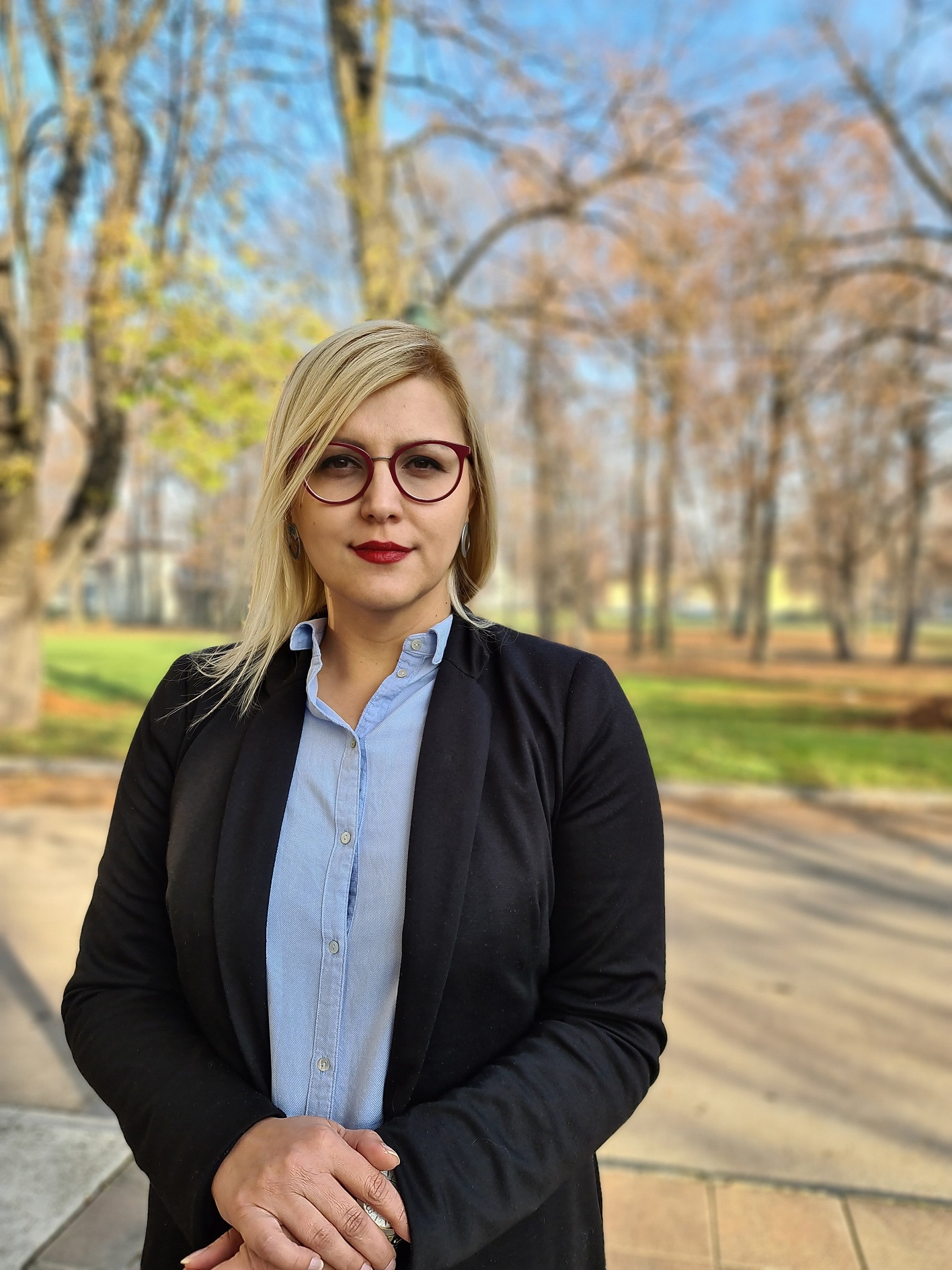

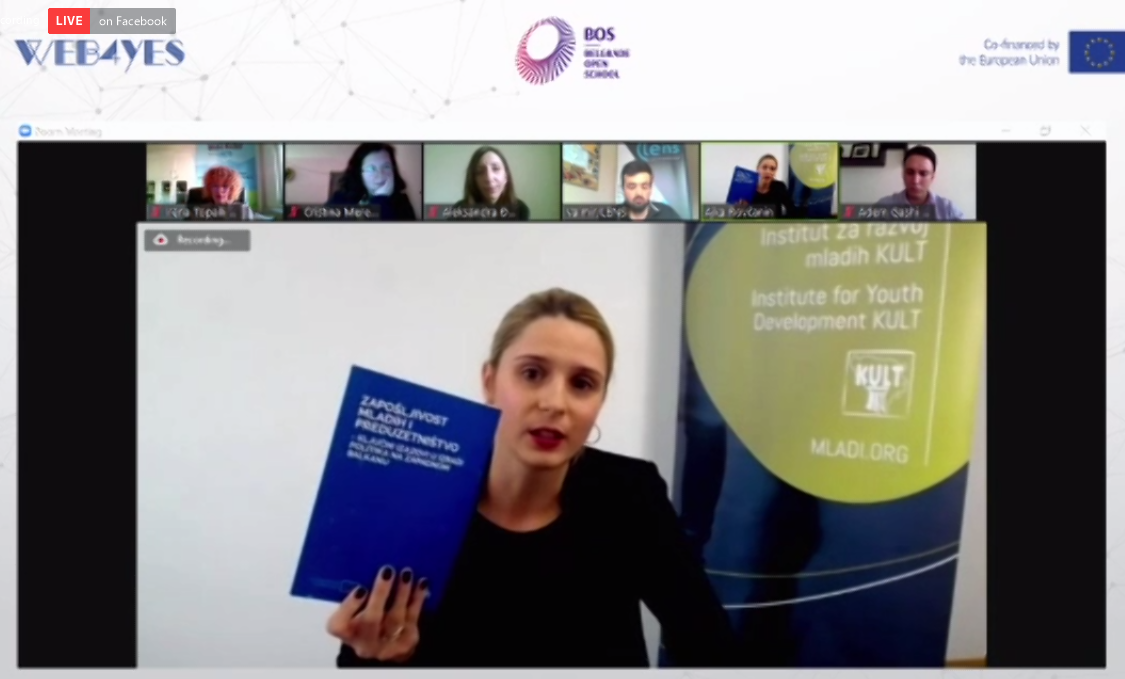






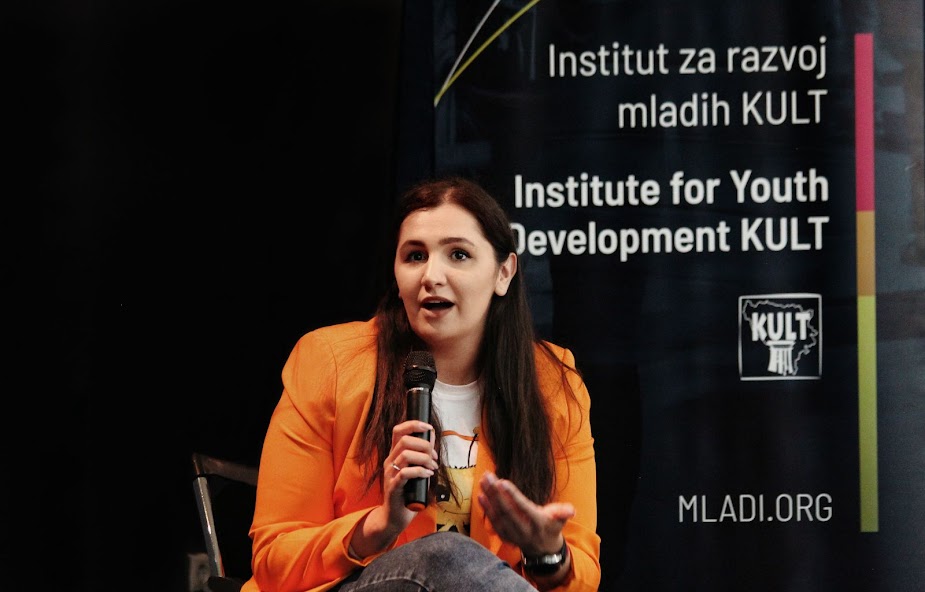
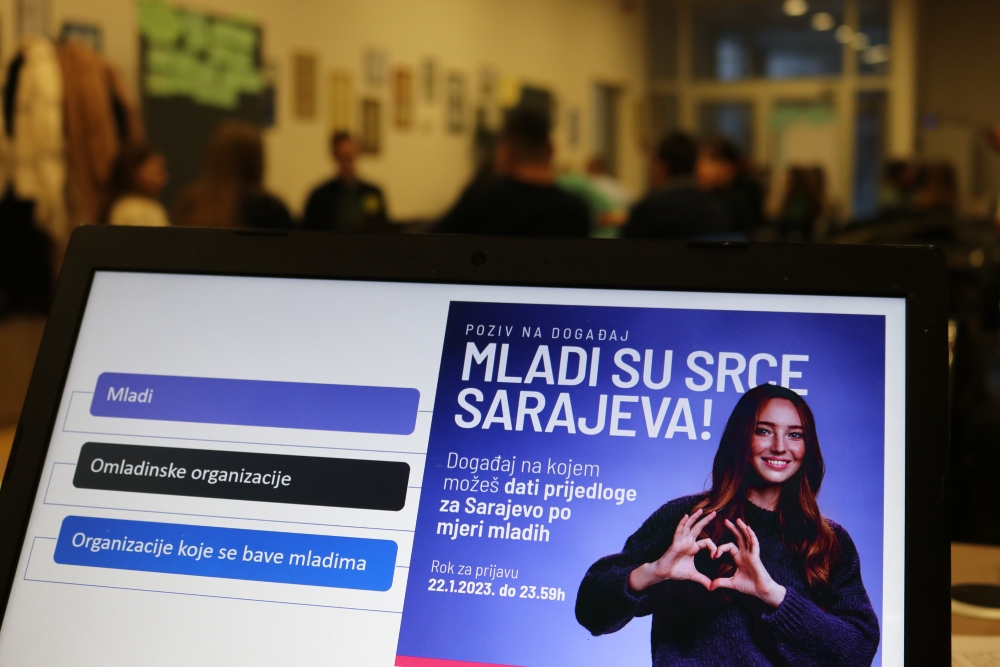
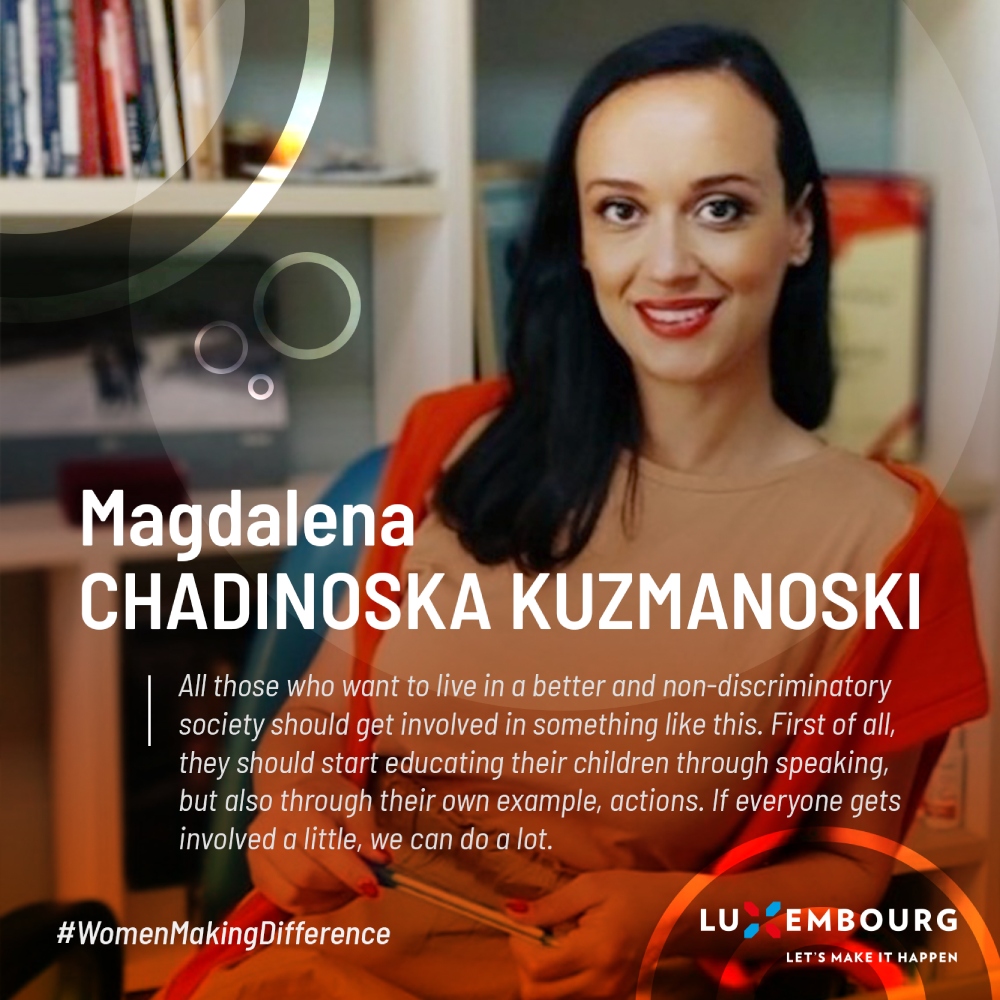
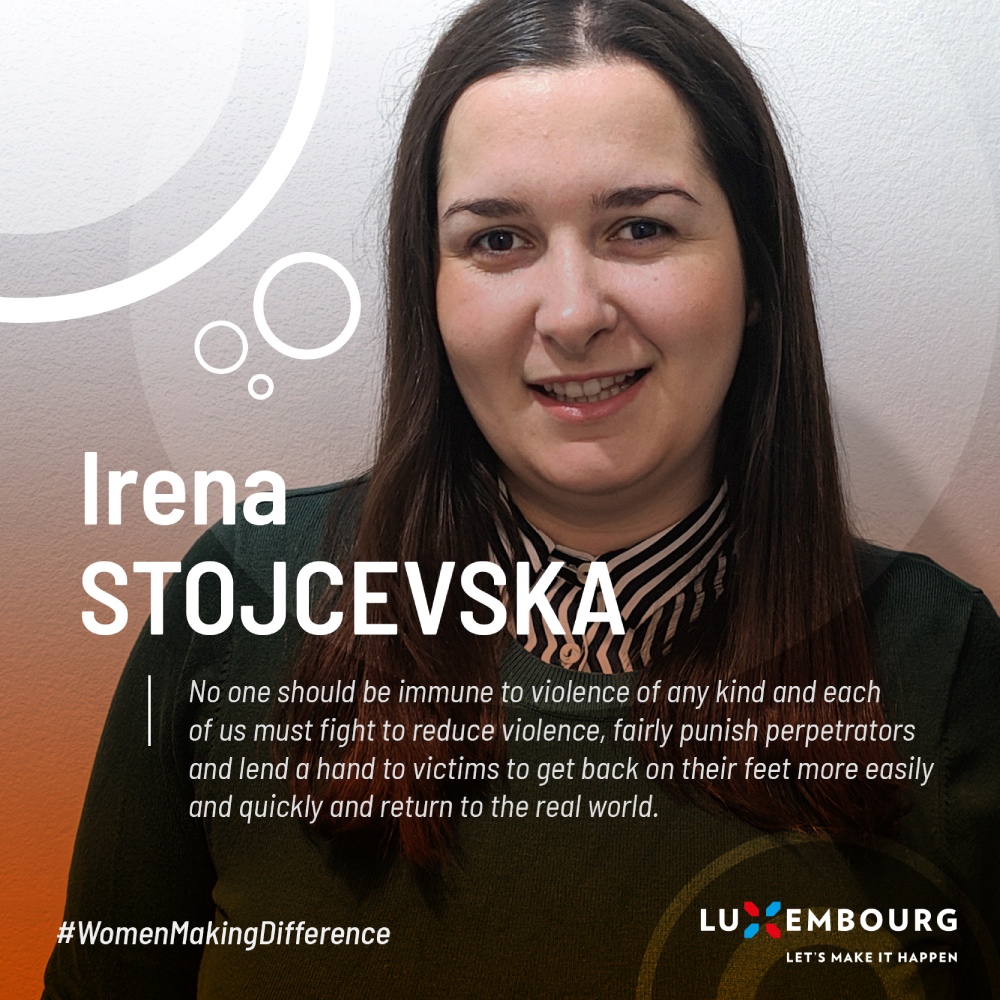
Leave a comment